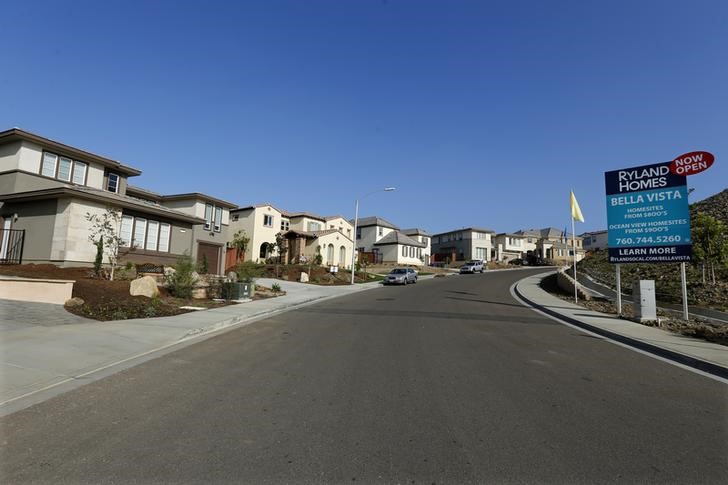Why UBS thinks you should gradually increase exposure to global direct real estate By Investing.com

Investing.com — UBS believes investors should gradually increase exposure to global direct real estate, citing improved market conditions and attractive investment opportunities.
In a note to clients, UBS highlights key trends and forecasts shaping the global real estate market.
The real estate sector has faced significant challenges, with transaction volumes declining 44% in 2023 compared to an already weak 2022.
However, UBS projects a rebound in global transaction volumes to around $800 billion in 2024, up from $600 billion in 2023.
“Market volume peaked at USD 1.25tr in 2021; the investable global liquid commercial real estate market is estimated at USD 35tr,” writes the bank.
Yet, a lack of forced sellers is said to have limited transaction volumes.
“Cash-rich investors are now beginning to deploy capital,” UBS observes, emphasizing their strong position in acquiring assets.
Leasing activity in key segments such as high-quality offices, retail, and hotels remains subdued but shows signs of revival, according to the bank.
Meanwhile, rental incomes are rising due to rental reversion and indexation, which UBS believes will play a critical role in offsetting ongoing value corrections.
Looking forward, the bank expects inflation and interest rates to have peaked, making real estate investments more appealing as widened yield spreads offer attractive opportunities. They predict rental income growth will increasingly compensate for value corrections, and they do not foresee significant credit spread widening from refinancing pressures.
After a challenging 2023, which saw a 4.1% total return loss, UBS expects global real estate to deliver a 3.6% capital loss but a 4.5% income return in 2024. By 2025, they forecast returns exceeding the long-term average of 7.5%, driven by a 9% rebound in transaction volumes.







